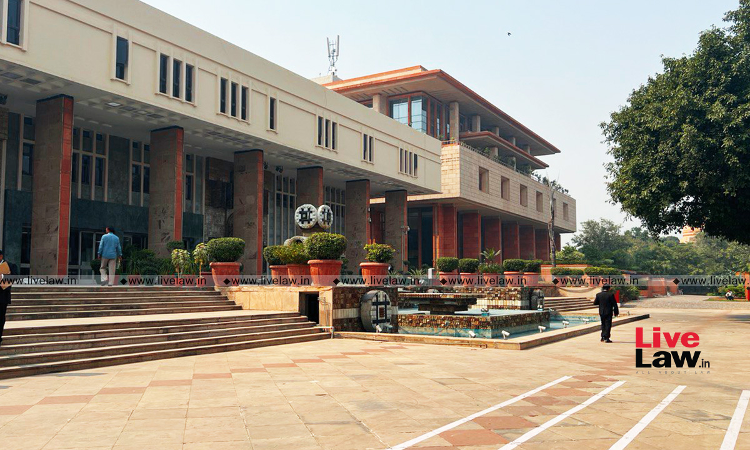The Delhi High Court has held that no upward adjustment concerning advertising, marketing, and promotion expenses (AMP) ought to have been made as the comparables chosen by the Transfer Pricing Officer (TPO) had a net margin lower than that registered by the assessee, Sony India.The bench of Justice Rajiv Shakdher and Justice Girish Kathpalia has observed that according to the TPO's...

